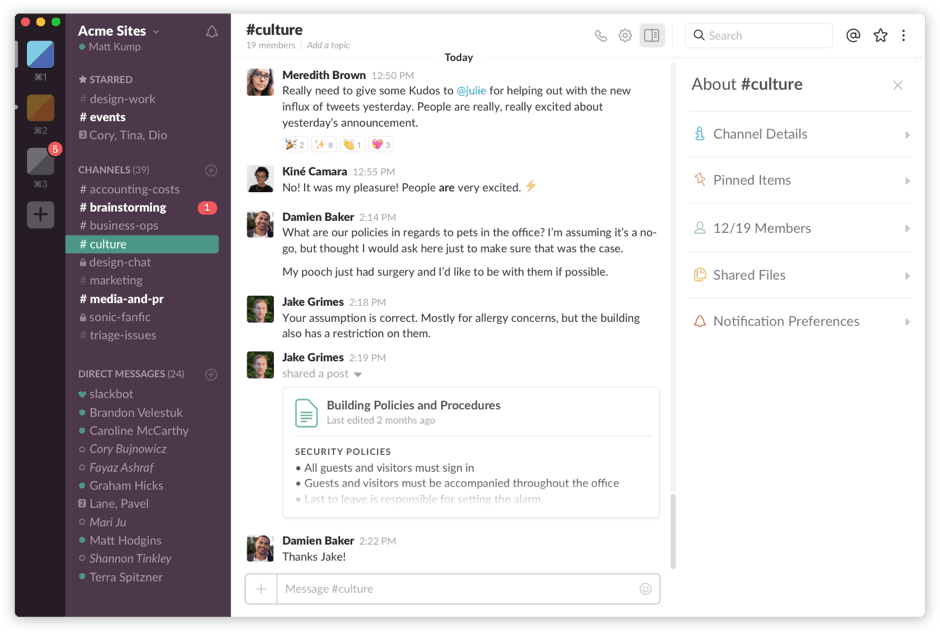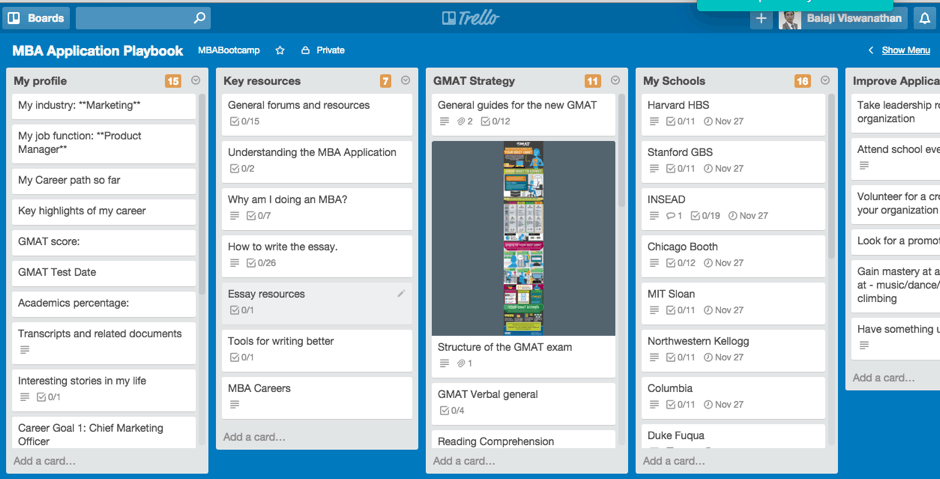Procrastinators, we’re coming for you.
In the working world, we love to lament about our ability to procrastinate and not get things done. However, if this study is correct, it could actually be costing our industry billions of dollars.
In a recent study conducted by business software firm Unit4, it was revealed that Singapore’s low productivity was costing the local service industry SGD $36.5 billion annually.
In addition, Singaporeans were revealed to be the least productive among the 11 nations – which included countries like the United States, Australia, Sweden, and France – the study interviewed, with only 60% of Singaporean workers performing their primary duties. That’s lower than the global average of 72%.
So, while Singapore may seem like a well-oiled machine from the outside, in reality, it could actually be moving slower than it seems.
According to The Straits Times, local office workers feel that manually entering data, project tracking, handling invoices, submitting expenses, and planning travel are the main obstacles to getting things done.
In good ol’ competitive Singapore, productivity is important, and it thus becomes the onus of local companies to deal with this niggling problem.
Hence, here are some measures that your company can adopt as a first step towards curbing this common issue.
Simple Ways To Boost Your Business Productivity
1. Tech It Up
Most definitely, the very thing distracting us – technology – can also give us a helping hand.
In fact, experts like Henrik Petersen, Director of sales and marketing at Deskera, and CEO of Unit4 Stephan Sieber have both lauded the importance of automating processes in the workplace.
Specifically, this is what Sieber had to say:
“To compete effectively for talent in the future, service organizations will need to make systems automated and self-driving to ensure productivity, but also to help younger workers better engage at work by delivering a similar experience to what they are used to at home.”
Today, there is a whole arsenal of workplace productivity related software to help digitise and automate business processes.
There’s Deskera, the ever reliable cloud integrated business management service system. Here, you can automate stock operations, transactions and manage financial assets all in one digital space.

Locally, there is also YP Business, another cloud-based integrated business management application for SMEs.
With YP Business, office management is made so much easier for you. With all-in-one features like automatic invoice generation, payroll calculation, an inventory movement system and even a leave application management system, YP Business is perfect for small and medium sized businesses.
Definitely though, each business has its own needs and wants, and there is not one size fits all system. So, choose wisely!
2. Speak Easy And Clearly
Another important aspect of the workplace is communication. It’s very cliche, but if good, clear, and accountable communication is obtainable, it works.
Imagine having to do a project from scratch just because you missed a memo from a colleague, or accidentally overlapping into a part of your team members work.
These things cause frustration and take up time, and it all snowballs into a mess of unproductivity.
Once again, technology is important, and it can really boost the clarity of communication. For instance, simple workplace communication applications like Slack are great for small to medium sized teams.
Slack archives your messages, allows for direct calls, allows you to share files conveniently, and most importantly, is accessible.
With a stable wifi connection, you can work from overseas and home on your mobile phone and laptop, and this makes it so much easier to work on the go. This beats having to be in the office just to answer a few queries.
Greater communication within the process is important too. With Trello, you can literally view the entire work process from a helicopter perspective.
This way, everybody’s on the same page, and work is done efficiently.
Once again, these are just the tip of the iceberg – there are so many applications and services out there – but you just have to look.
3. Motivate and Cultivate
While it seems like a very non-tangible thing, company culture is very important. That’s because it directly influences the simple rational mindset of the worker – should I work harder, or should I not?

Motivation is key. At a basic level, you can make sure there are incentives for your team to follow, and this can be done by setting objectives and goals, with rewards if they meet them.
If you want to go a step further, you can “gamify” your workplace. To end workplace monotony and to add an extra layer of motivation, you can use applications like Gameeffective to make your job scopes a game and competition of sorts.
Careful not to make it too competitive though, or it might lead to politics. Which also brings up another important point – toxic people.
4. Manage Negativity Effectively

It’s impossible to avoid workers who are pessimistic, arrogant, demotivated and controlling. If not managed properly, the negativity can spread like a virus.
Firing them and replacing them is a draconian and unsustainable measure. So instead, why not engage them?
The Harvard Business Review spoke to a few experts, and they advise you can either try the carrot by giving direct feedback or counsel them. If all else fails, you can try the stick – and explain to them the consequences directly.
Strong productivity may seem like a pipe dream, but with enough management, discipline and planning, you can achieve it.























